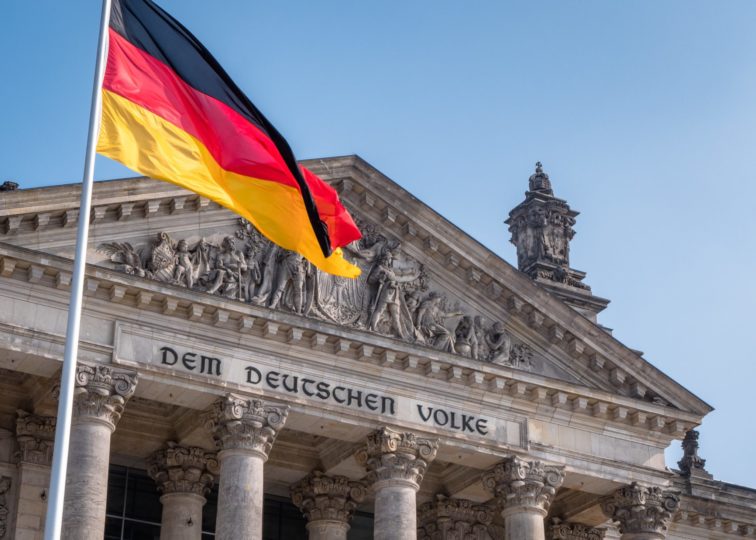
Blog
Cutting Off Russian Gas Would Cost Germany’s Economy $240 Billion
April 13, 2022
As the war in Ukraine drags on, European Union officials are considering another set of economic sanctions against Russia, focusing on the nation’s oil and gas exports. However, members such as Germany and Hungary are resisting the idea of such a ban amid fears about the economic impact at home.
A ban on Russian gas would plunge Germany into a deep recession, according to a report from the nation’s top economic forecasters. Suddenly shutting off the supply of Russian natural gas would cost the German economy 220 billion euros, or roughly $240 billion, in economic output over the next two years, according to a joint report from five German economic institutes. In such a scenario, German GDP would rise by just 1.9% in 2022, and contract by 2.2% in 2023. Growth is projected to be 2.7% this year if the gas keeps flowing.
The EU has already agreed to phase out Russian coal imports, with a full ban expected to come into effect by August, but with natural gas and oil, the EU has taken a more measured approach. Officials are trying to cut imports of Russian gas by 66% this year, with hopes of breaking the economic bloc’s dependency on Russia, but in the wake of the atrocities committed in Bucha, some are pushing for a more immediate ban.
Such a ban would wreak havoc on Germany, which sourced about 46% of its natural gas in 2020 from Russia, according to the International Energy Agency. Targeting Russian gas would likely worsen inflation in Germany, which is already at the highest level in more than 40 years.
Germany’s Finance Minister Christian Lindner told the newspaper Die Zeit that the country was moving “as quickly as possible” to move away from Russian energy, but resisted the idea of a sudden ban. “The question is, at what point do we do more harm to Putin than to ourselves?” Lindner asked.
